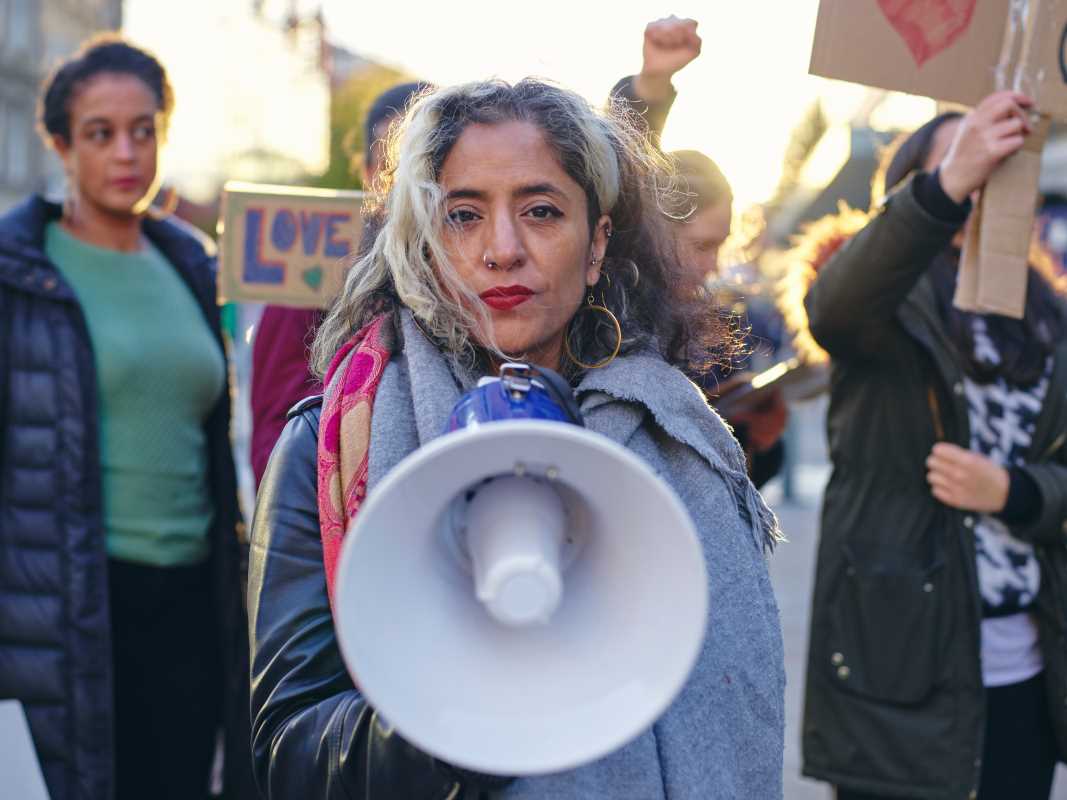Immigration is one of the most talked-about topics in America, and with it comes a storm of opinions, emotions, and unfortunately, plenty of myths. Illegal immigration, in particular, tends to be surrounded by misunderstandings and half-truths that can spread like wildfire. Whether you hear these myths mentioned during dinner table debates or see them splashed across your social media feed, one thing is clear: they muddy the waters and prevent meaningful conversations about immigration policy.
To truly understand illegal immigration and its impact on the United States, it’s important to separate fact from fiction. Why do these myths persist, and what’s the reality behind them? Today, we’re breaking down some of the most common myths about illegal immigration and exploring the truths that often get overlooked.
Myth 1: Most Illegal Immigrants Cross the Southern Border
When most people imagine illegal immigration, they picture individuals crossing the U.S.-Mexico border on foot. While it’s true that the southern border is a major entry point, it’s far from the full story.
The Truth
A significant portion of undocumented immigrants didn’t sneak across a border at all. Instead, they entered the country legally on a visa and overstayed their permitted time. According to recent studies, visa overstays account for about 40-50% of all undocumented immigrants in the U.S.
Visas are issued for purposes like tourism, work, or education. When someone’s visa expires but they don’t leave the U.S., they fall into undocumented status. This challenges the common image of border crossings as the sole method of illegal entry.
Myth 2: Illegal Immigrants Don’t Pay Taxes
One argument that’s often thrown around is that undocumented immigrants “drain” government resources without contributing financially. Many people believe they don’t pay taxes, leaving citizens to pick up the tab for public services.
The Truth
This couldn’t be further from the truth. The vast majority of undocumented immigrants pay taxes in some form, whether it’s sales tax, property tax (through rent), or even income tax. Many use an Individual Taxpayer Identification Number (ITIN) to file taxes, and some have taxes automatically deducted from their paychecks through fake or expired Social Security numbers.
According to the Institute on Taxation and Economic Policy, undocumented immigrants contribute around $11.7 billion annually in state and local taxes. These funds help support public schools, healthcare, infrastructure, and more.
Myth 3: Illegal Immigrants Take Jobs from Americans
This myth fuels a lot of resentment. People worry that undocumented workers will undercut wages and take jobs that should go to Americans. It’s an argument that comes up again and again in political debates.
The Truth
The reality is more nuanced. Undocumented workers often take on jobs that many Americans simply don’t want, such as agricultural labor, construction work, or other physically demanding and low-paying industries. These are essential jobs that keep industries like farming and food production running.
What about wages? While it’s true that undocumented immigrants are sometimes paid lower wages, studies have shown that this has a minimal impact on overall wages for U.S.-born workers. Instead of “stealing” jobs, undocumented workers frequently fill gaps in the labor market.
Myth 4: Illegal Immigration Leads to Higher Crime Rates
This myth paints a picture of undocumented immigrants as criminals who come to the U.S. to cause harm. It’s often perpetuated by cherry-picked anecdotes or fear-based rhetoric.
The Truth
Studies consistently show that undocumented immigrants are less likely to commit crimes than native-born citizens. According to research by the Cato Institute, crime rates among undocumented immigrants are significantly lower than those of U.S.-born citizens.
One explanation is that undocumented individuals live in constant fear of deportation. This makes them more likely to avoid breaking the law or coming into contact with the criminal justice system in any way.
Of course, like any group, some undocumented immigrants do break the law, but painting the entire population as dangerous is misleading and harmful.
Myth 5: Illegal Immigrants Are a Drain on the Economy
Another popular claim is that undocumented immigrants place a financial burden on the U.S., especially when it comes to healthcare, education, and public benefits.
The Truth
The economic contributions of undocumented immigrants are often overlooked in this narrative. As we mentioned earlier, they pay billions in taxes annually. Many also contribute to programs like Social Security and Medicare, even though they’re not eligible to receive benefits themselves.
Additionally, undocumented immigrants play a vital role in industries like agriculture, hospitality, and construction. Without this workforce, the prices of goods and services in these areas would likely increase dramatically. Far from being a drain, undocumented immigrants are an integral part of the U.S. economy.
Why Do These Myths Persist?
These myths stick around for various reasons. Media coverage often emphasizes sensational stories or focuses on extreme cases, creating a distorted view of illegal immigration. Political rhetoric, especially during election cycles, can further stoke fears and misunderstandings for strategic gain.
Additionally, many people simply lack firsthand experience with immigration. Without direct interactions, it’s easy to believe stereotypes or generalizations, especially if they’re repeated often enough.
How Can We Fight Misinformation?
Tackling these myths requires a multi-faceted approach. Here are a few steps we can take to encourage a more accurate and empathetic conversation around immigration.
Educate Ourselves
The first step is learning the facts. By seeking out reputable research and reports, we can challenge the stereotypes and assumptions that are so commonplace. Personal stories from immigrants can also offer valuable insights.
Avoid Fear-Based Rhetoric
When discussing immigration, it’s important to focus on solutions rather than fear. Confronting biases and asking thoughtful questions can help dismantle harmful narratives.
Support Fair Policies
Advocating for immigration reform that balances security, compassion, and economic needs is essential. Fair policies can address many of the issues tied to undocumented immigration while providing clear paths for legal residency.
 (Image via
(Image via





